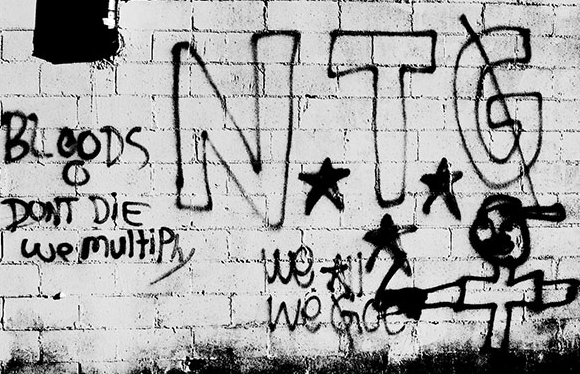Social choice and individual choice
6.5 Social capital and social norms
The term often used to describe how well and harmoniously a community or organisation functions is ‘social capital’, or sometimes ‘trust’. All economic activity requires a minimum amount of trust, even handing over goods in exchange for cash. The more sophisticated the economy, with transactions extended over space and time, and long supply chains producing complex goods and services, the higher the trust requirement.
The precise definition and measurements vary, but in any case high levels of trust or social capital are linked empirically to better economic outcomes. Robert Putnam, the political scientist who launched the modern research on social capital, found that towns in northern and southern Italy had different degrees of economic success attributable to their contrasting social characteristics, with those in the south hindered by their lack of civic mindedness and mutual trust. In a well-known book, Bowling Alone, he worried that the declining membership of social groups such as bowling clubs and Rotary Clubs in the United States was an early warning sign of declining social capital. Subsequently, many other researchers have confirmed empirically the link between social capital and good economic outcomes such as high levels of employment and growth.
Individual activity: What is social capital?
Read ‘Understanding and Measuring Social Capital: A Multidisciplinary Tool for Practitioners’, pp. 1-10 on the World Bank Group Open Knowledge Repository.
- Do you think this is a useful way of thinking about economic performance?
- Reflect on whether you think social capital in your own country is high or low, rising or falling?
- How are you evaluating it?
- If you want to share your thoughts on the Institutions forum.

Gang slogan on a wall in New York city
Found at https://flic.kr/p/5XAahF / undefined https://creativecommons.org/licenses/by/2.0/
Although social capital seems to be a pre-requirement for effective institutions and economic outcomes, there are unanswered questions about its role. For example, what is the scope of the strong social ties determining whether there is a good outcome for society or not? Organised criminal gangs have strong social capital internally, given their code of honour. But while they account for an important part of economic activity, they are bad for the wider society. It is also unclear how social capital and markets interact. Sometimes markets seem to remove the need for trust between parties, because strangers can transact through the medium of money, but sometimes markets clearly work better when there is a high level of social trust – for example, when people trust that the food they buy described as beef is not going to turn out to be horsemeat.
Norms of behaviour are another social factor influencing economic outcomes. There are many examples of big swings in choices that are too large to be explained by any changes in economic incentives. Examples of big shifts in social norms include: the rise and fall since the early twentieth century in the proportion of the population smoking cigarettes, the rate of crime in big cities, calorie consumption and obesity. The movements in possible explanatory factors (such as incomes and cigarette prices, unemployment and likelihood of punishment, food prices) are simply too small to account for the scale of the changes observed in social behaviour. The explanation seems instead to lie in the large influence people have over each other’s choices, for good or bad. We do not act like individual, rational profit or income maximisers, as assumed in the conventional economics of the past few decades, but instead are social creatures who imitate each other. When social norms are positive, they can help collective choice institutions function well.
Group activity: Social norms
For discussion on the Institutions forum: can you think of any recent changes in social norms that will have a big social and/or economic impact? Has there been a role for public policy in changing these social norms?